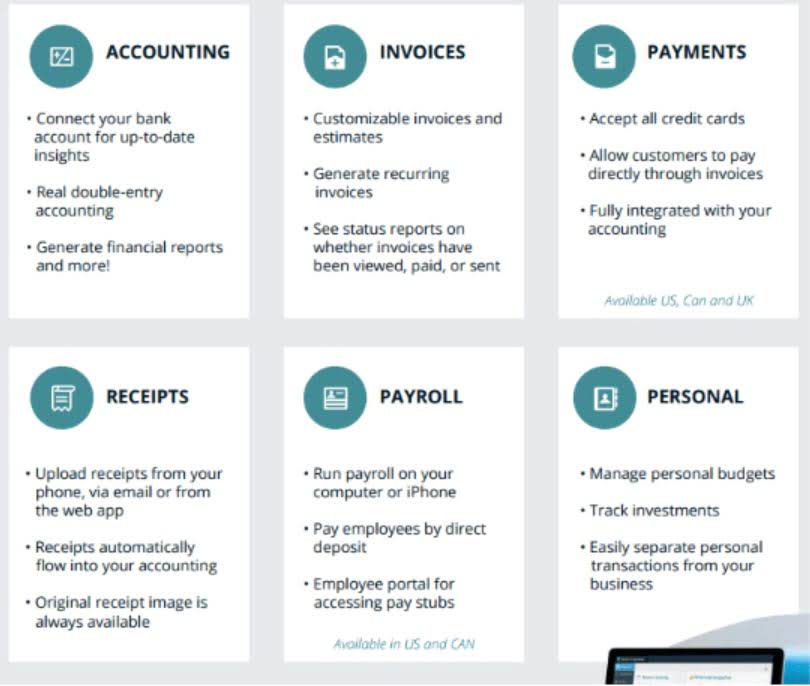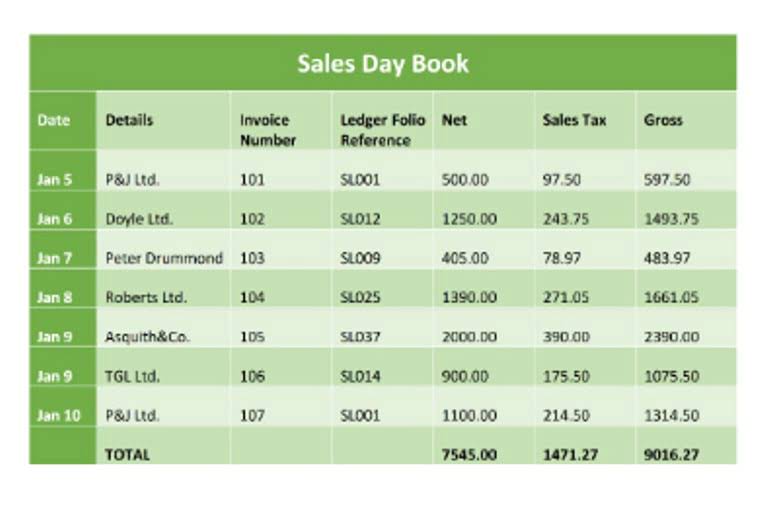
This model offers transparency and is often preferred for small projects or where the scope is not clearly defined. AI tools are also making significant strides in areas like flux analysis, anomaly detection and financial statement preparation. These advancements can help improve accuracy and efficiency, reducing the need for extensive manual reviews.
What does a bookkeeper do on a daily basis?
- Small businesses are often run by a few people, and they may not have a large accounting department or staff.
- Industries with complex financial transactions, such as retail, manufacturing, and construction, often require bookkeeping services to manage inventory, job costing, and invoicing.
- Effective bookkeeping is fundamental for small businesses and startups aiming for growth and scalability.
- For example, bookkeeping might reveal that a company’s spending on marketing yields a high return on investment, guiding the decision to allocate more funds to that area for expansion.
- Choosing an effective model impacts the value provided to clients and the profit margins of the service.
- Subcontracting should always be managed carefully to ensure consistency and quality of work, safeguarding the bookkeeping business’s reputation.
Efficient bookkeeping is crucial for tracking these nuances, ensuring that taxes are correctly managed and that Bookkeeping for Any Business Industry insurance coverage is adequate and cost-effective. Outsourced bookkeeping offers businesses significant benefits ranging from enhanced financial accuracy to substantial cost savings. These services ensure that companies can focus on their core competencies while entrusting their financial documentation to skilled professionals. Manufacturing entities rely on outsourced bookkeeping to track and manage the intricate costs of production, inventory, and supply chain operations.
- Bookkeepers can leverage software to automatically categorize transactions and reconcile accounts, significantly reducing time spent on manual data entry.
- In a business where every dollar and every hour counts, these AI efficiencies can become game changers for the company’s financial health and scalability.
- Strategic planning further empowers businesses to set long-term goals and define actionable steps towards growth, aligning financial insights with business objectives.
- Strategic use of subcontractors and outsourcing can alleviate workload during peak periods and enable bookkeepers to offer a broader range of services.
- They capitalized on the growing needs of businesses in this sector for specialized financial services.
- Retail and e-commerce businesses, with their high volume of transactions and complex inventory management needs, find great value in professional bookkeeping services.
- Bookkeeping experts at outsourcing firms proficiently manage the inventory, enabling retailers and wholesalers to stay focused on what they do best.
What are the types of bookkeeping?

With a commitment to mentorship and hands-on education, Kevin strives to make a lasting impact on the next generation of beauty professionals. Summer is a passionate Educator COS at Aveda Arts & Sciences Institute Dallas, dedicated to helping students become confident, skilled professionals in the beauty and wellness industry. With a commitment to mentorship and hands-on education, Summer strives to make a lasting impact on the next generation of beauty professionals. Camie is a passionate Educator COS at Aveda Arts & Sciences Institute Dallas, dedicated to helping students become confident, skilled professionals in the beauty and wellness industry.

Determining the Level of Customized Services Offered
This improvement in accuracy ensures that the financial records are a reliable foundation for making informed business decisions. Scaling a bookkeeping business requires a balanced approach to increasing clientele while maintaining service quality. Entry into profitable niches such as e-commerce, which has significant transaction volumes and requires meticulous financial tracking, can leverage a bookkeeper’s expertise. A scalable model might include tiered service packages catering to businesses of varying sizes, enabling contribution margin bookkeepers to manage growth without compromise.

Law Firms

Bookkeeping is an essential part of running a business in Melbourne and managing its finances. Since Accounting for Marketing Agencies every company needs to keep an accurate and up to date record of its transactions, generate financial reports, manage payroll, and pay taxes, they need to perform bookkeeping. The provision of business analysis services allows bookkeepers to assist with data-driven decision making. Strategic planning further empowers businesses to set long-term goals and define actionable steps towards growth, aligning financial insights with business objectives. Ensuring profitability requires careful consideration of operating costs, competitive positioning, and client expectations. Profit margins must account for direct costs, such as software subscriptions and indirect costs, including marketing.
Why do some industries require more intensive bookkeeping services than others?

Expense tracking helps in monitoring the cash outflows and controlling unnecessary expenses, while income tracking reflects the business’s profitability. The general ledger is a central component where bookkeepers consolidate all the financial information into one place. It’s used to generate reports that summarize a business’s financial activities over a specific period. On average, a bookkeeping firm will charge anywhere between $300 to $2,000 per month depending on the amount and complexity of work required.

